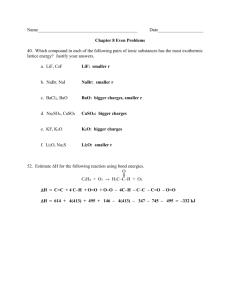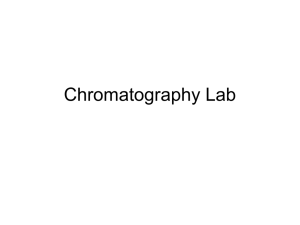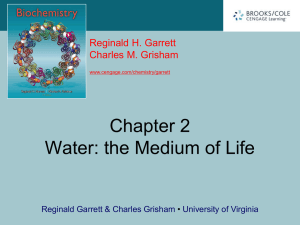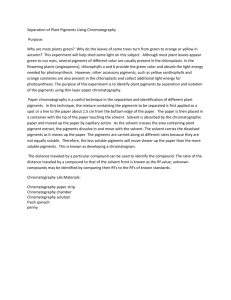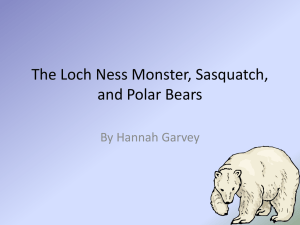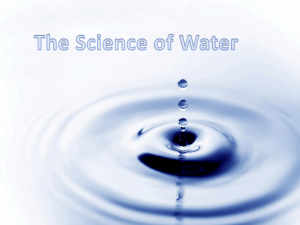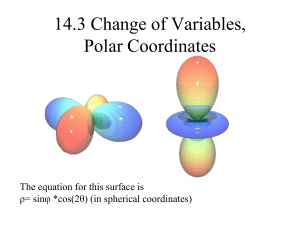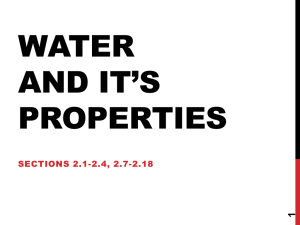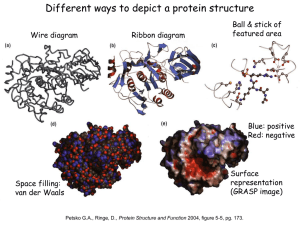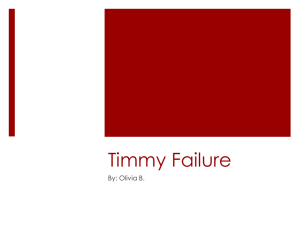Lab #4A Chromatography of Pigments
advertisement
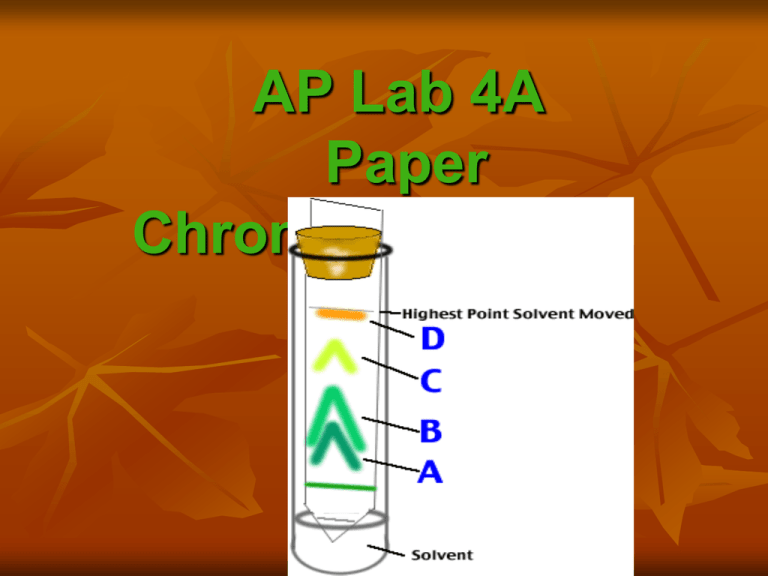
AP Lab 4A Paper Chromatography AP Lab 4A Paper - technique that separates molecules from Chromatography each other Nonpolar pigments are carried along at different rates, b/c they are not equally soluble in the solvent. paper polar solvent nonpolar Nonpolar pigments are also attracted to different degrees to the fibers of the chromatography paper AP Lab 4A Paper Beta carotene = no polar groups (most Chromatography non polar) Xanthophyl = 2 polar groups Chlorophyll a = 5 polar groups Chlorophyll b = 6 polar groups (most CHROMOTOGRAPHY SOLVENT is polar) NONPOLAR AP Lab 4A Paper polar pigments dissolve in polar Chromatography pigments. nonpolar pigments dissolve in nonpolar pigments. LIKE DISSOLVES LIKE AP Lab 4A Paper polar pigments dissolve in polar Chromatography pigments. nonpolar pigments dissolve in nonpolar pigments. CHROMOTOGRAPHY SOLVENT is NONPOLAR AP Lab 4A Paper Beta carotene = no polar groups (non Chromatography polar) Xanthophyl = 2 polar groups Chlorophyll a = 5 polar groups Chlorophyll b = 6 polar groups (most CHROMOTOGRAPHY PAPER is POLAR polar) AP Lab 4A Paper Chromatography As nonpolar solvent moves up the chromatography paper, pigments are dissolved to differing degrees and move along with it at differing degrees. AP Lab 4A Paper Chromatography The more non-polar a pigment, the more soluble it is in a nonpolar solvent… The higher it will travel Chromo pix here Ratio Factor (this is a constant value) Ratio = Factor distance moved by pigment (mm)___ total distance moved by solvent (mm) (this is a constant value) Ratio= distance moved by pigment (mm)_ Factortotal distance moved by solvent (mm) (this is a constant value)
